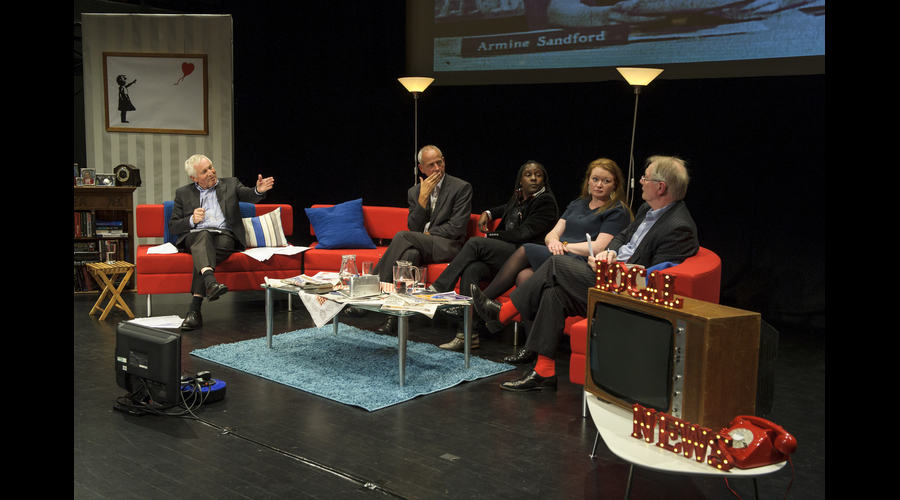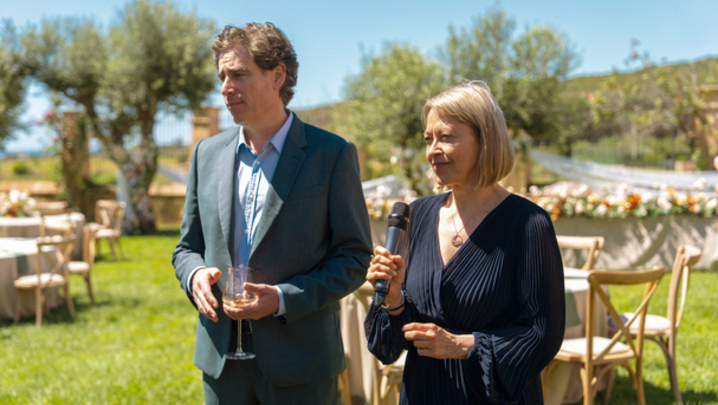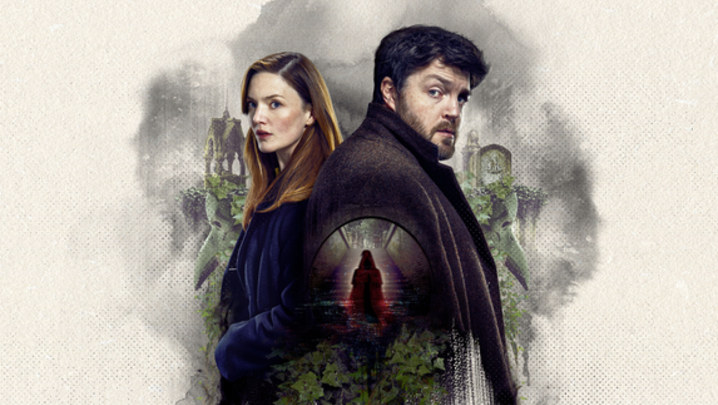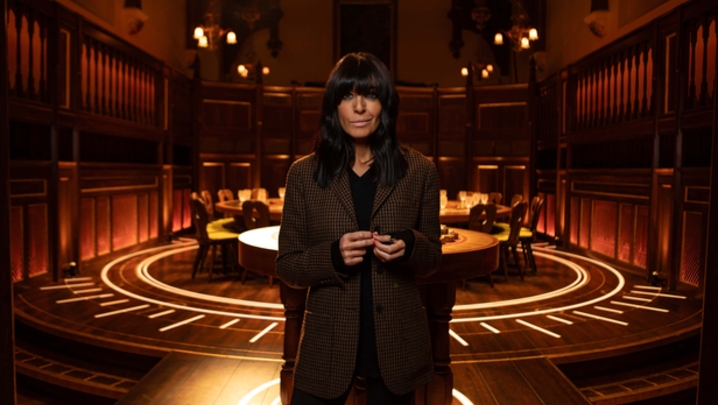The BBC Points West Debate on the future of local news and community in partnership with RTS Bristol and the University of the West of England
Jonathan Dimbleby was in the chair to lead a 90-minute discussion – “Have We Got News for You?” – on the future of local news in the regions. The panellists were journalist and academic Roy Greenslade; controller of BBC English Regions David Holdsworth; Ujima FM station manager Julz Davis; and Trinity Mirror editor Rachel Sugden.
The event featured filmed provocations from Richard Sambrook, director of the Centre for Journalism at Cardiff University, who charted the decline in print media and argued that there was a lack of local accountability.
Sun columnist and Loose Woman panellist Jane Moore tackled internet bots and social platforms in her film, Separating Fact from Fiction, and BBC media editor Amol Rajan guided the audience at the Arnolfini in Bristol through the maze of news platforms.
Sambrook set the scene at the event, outlining a “crisis in local journalism” that has seen 300 local papers close in the past decade, 17 this summer alone. “Local newspapers used to be local institutions, now their influence has shrunk as the internet takes profits and readers away. The losers are responsible local news and the public interest. Fewer journalist, fewer hard questions,” he said in his film.
The audience made up of journalists, politicians, community activists and students heard Rajan say: “I’d argue that our news eco-systems have changed more in the past five years than the past 500. The trend is for bite sized, glance-able content. Information needs to fit in to how people live their lives – convenient, discoverable content at a time of their choice not ours.”
The pressure to find brand loyalty is acute, he added. Half of people who view news on social media do not know where it originated from, or who wrote and produced it.
That theme was echoed in Moore’s film. She said that we are living in a gigantic global newsroom where it is increasingly difficult to separate fact from fiction.
Moore cited a tweet from President Trump threatening North Korea. It was shared by 4,272 twitter accounts in 24 hours – but a yet-to-be-published study by Exeter University will show that around 1,000 were fake bots, used to amplify the importance of the story. Finding what is true and what are simply “clicks” is becoming more complex to untangle, she argued.
Davis called for more investment in community radio and citizen journalism to report the stories that go unheard and the issues that aren’t covered as the number of reporters in our towns and cities shrink.
In Any Questions? style, Dimbleby, the host of the BBC Radio 4 programme, fielded questions from the audience throughout the evening, adding some sage thoughts of his own, including: “A lie travels half way around the world before the truth has time to get its boots on.”










